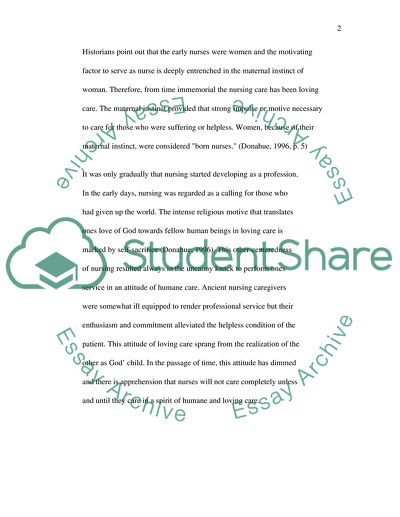Cite this document
(“Humanness of Caring in Nursing (Concept Analysis Paper) Essay”, n.d.)
Humanness of Caring in Nursing (Concept Analysis Paper) Essay. Retrieved from https://studentshare.org/miscellaneous/1537630-humanness-of-caring-in-nursing-concept-analysis-paper
Humanness of Caring in Nursing (Concept Analysis Paper) Essay. Retrieved from https://studentshare.org/miscellaneous/1537630-humanness-of-caring-in-nursing-concept-analysis-paper
(Humanness of Caring in Nursing (Concept Analysis Paper) Essay)
Humanness of Caring in Nursing (Concept Analysis Paper) Essay. https://studentshare.org/miscellaneous/1537630-humanness-of-caring-in-nursing-concept-analysis-paper.
Humanness of Caring in Nursing (Concept Analysis Paper) Essay. https://studentshare.org/miscellaneous/1537630-humanness-of-caring-in-nursing-concept-analysis-paper.
“Humanness of Caring in Nursing (Concept Analysis Paper) Essay”, n.d. https://studentshare.org/miscellaneous/1537630-humanness-of-caring-in-nursing-concept-analysis-paper.


